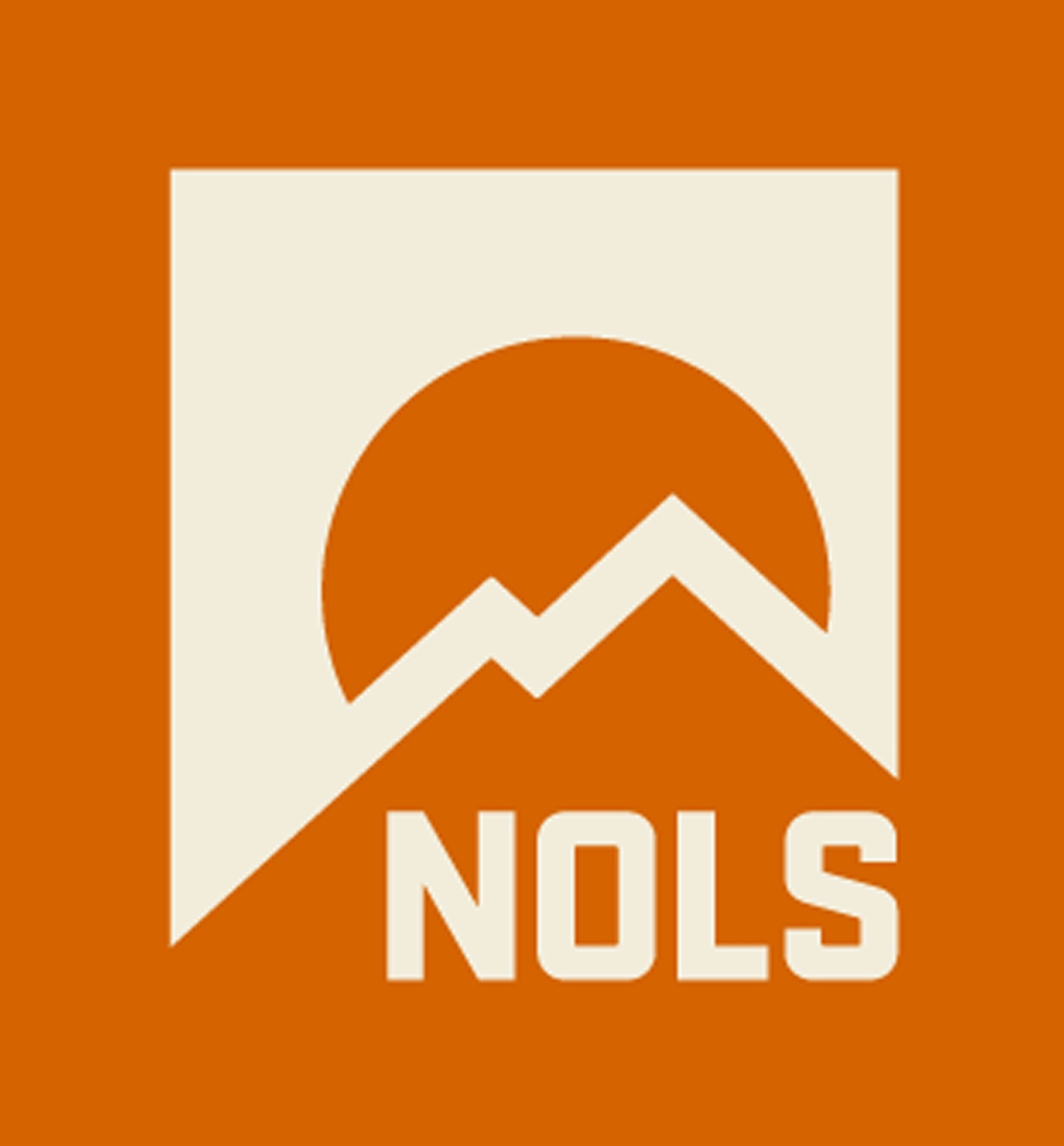Tolerance for adversity and uncertainty is something all of us practice every single day, especially now. To conclude our series The Leadership Project, NOLS President Terri Watson tells stories from her experiences of teaching and using this skill.
How do you explain the concept of Tolerance for Adversity & Uncertainty?
Tolerance for Adversity & Uncertainty has three big words in it that are important:
Adversity is when things are really hard, whether it's physical or you're just having an awful day.
Uncertainty is when you don't know what's gonna happen. You don't know the answers, and you do not know what to do.
Tolerance for those things is going, “Huh, this kind of stinks, and I'm gonna figure out what to do next and stay calm and do something worthwhile with what I have right here.”
Why do you like this leadership skill so much?
I notice that the other leadership skills are things that I think we strive to do naturally or more intuitively. Nobody says, “Oh, I wanna experience adversity, uncertainty.” For me, it's the skill that is the most powerful.
If I can learn to live in a world where things are hard and I don't have all the information, and I don't know when it's gonna get better—if I can do that, I think I can do anything.
What are some of the ways you see yourself or your team practicing Tolerance for Adversity today?
I would say that the recent COVID experience has been the sharpening tool on how this skill really applies now in the frontcountry.
In a leadership role, whether in NOLS or in other organizations, I’ve learned that the way I handle a situation affects absolutely everybody around me. And if I start not doing Tolerance for Adversity and Uncertainty well, people around me will start not doing this well.
So, the biggest piece in leadership I’ve learned is it’s not only a skill I need to be adept at, but it’s one I have to consciously and overtly model, so that when the people who are counting on me to coordinate their efforts wonder: Is it really bad now? Should we panic now? If I can say, realistically, “No we got this. We can do this,” then that lets the whole team function a lot better.
What I’ll say, too, is that things in town are more complicated than in the wilderness. You're dealing with a broader variety of factors. People do have outside lives that they're bringing to work and that have nothing to do with work. And you have to keep everybody pulling in the same direction, still being able to speak up when they're uncomfortable, still being able to have a bad day and have somebody else swing in and support them, but we can't freak out. And so my job in modeling this is providing enough solidity that we don’t freak out.
Can you tell us a story about students learning this skill?
The story that most exemplifies this skill for me among my students was when I was teaching an Alaska sea kayaking course. We instructors sent the students off on their independent travel, when they’d have four days to get to our pick-up point completely independent of instructors.
Four hours later, the sky turned totally black. Stuff started falling from the sky that looked like snow, but it was not. We were like, “What is going on?” And it was volcanic ash. Mount Spurr on the other side of Anchorage had erupted. At first we were worried about our students, but we knew they knew how to find us if they have problems.
When we successfully reunited at the end of the four days and heard their stories, the students were just living in tolerance for adversity and uncertainty. “What is happening? Will this get worse? Will we actually be able to get to our pick-up? ”
And they, as a group, worked through all the scenarios and came up with solutions and tried to come up with plans. They said that the act of all that problem-solving, feeling like they could take proactive action, made this totally bizarre event more of an adventure than terrifying.
And I was really proud of them because they had actually used stuff they learned in classes. They solved their own problems and made their own solutions with the information they were gleaning.
Subscribe to the NOLSie News to follow along our series exploring the 7 NOLS leadership skills.
Written By
NOLS
NOLS is a nonprofit global wilderness school that seeks to help you step forward boldly as a leader.




